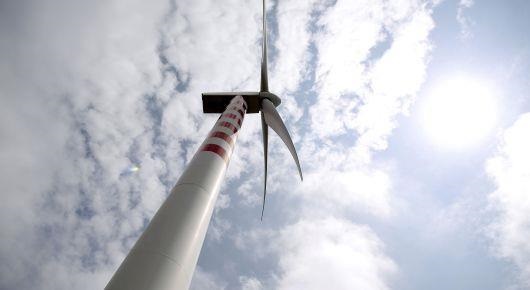
GCF Country Programme lays the foundations for transformative climate finance in North Macedonia
14/06/2022
Today North Macedonia concluded the country's second Green Climate Fund (GCF) readiness project, laying the foundation for country-driven climate action in the future. The closing event in Skopje was organized by FAO and the Cabinet of the Deputy President of the Government in charge of economic affairs, in its capacity as GCF National Designated Authority for the Green Climate Fund (GCF).
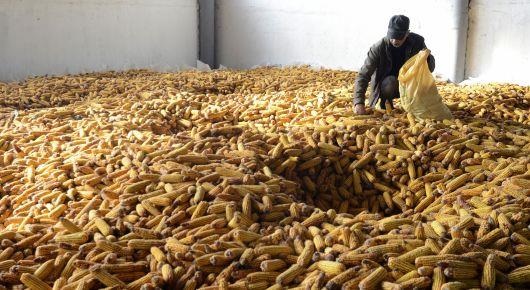
Partnerships help build better seed systems in Europe and Central Asia
09/06/2022
A study tour brought representatives of Armenia, Kyrgyzstan, and North Macedonia to Hungary to learn about improving their seed systems. The visit on 16–20 May constituted part of an FAO project aiming to enhance climate resilience in agriculture.

Forests, plastics, and the circular economy
03/06/2022
Single-use cutlery pollutes our oceans and takes thousands of years to decompose in landfills and trash heaps. Plastic forks and knives may photo-degrade with exposure to the sun, but they become microplastics that continue to pollute our environment.
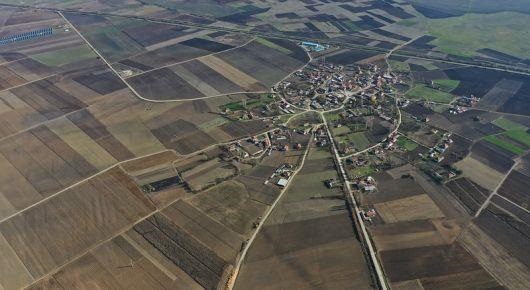
LANDNET workshop in Skopje focuses on land consolidation and banking
25/05/2022
Sharing regional experiences and best practices on land consolidation, land banking, and land abandonment will be the focus of the 13th international LANDNET workshop. Targeting in particular countries of Europe and Central Asia, the event takes place in a hybrid format from 25–27 May in Skopje.
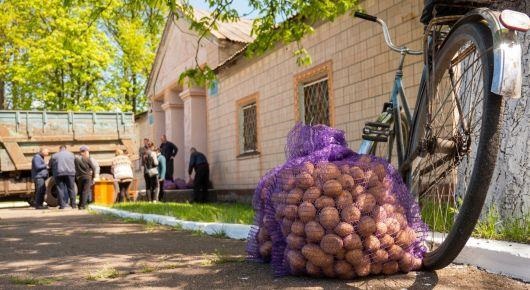
Food security in Ukraine: FAO distributes seed potatoes to vulnerable rural families
18/05/2022
Working to safeguard the food security and livelihoods of vulnerable rural families in Ukraine, the Food and Agriculture Organization of the United Nations (FAO) has distributed seed potato kits to 17 740 households from across ten of the country’s oblasts so they can plant food in time for the next harvesting season.
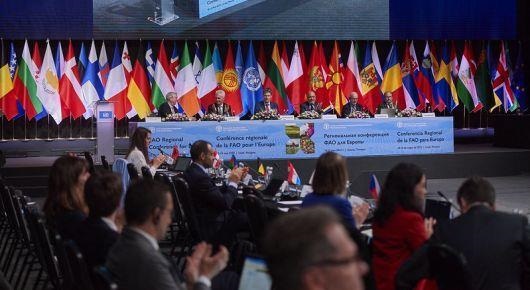
Europe and Central Asia commits to ensuring food-secure, sustainable and inclusive agrifood systems
16/05/2022
Countries of Europe and Central Asia are united in protecting food production, supplies and trade, even during times of war. For days at the Thirty-third Session of the Regional Conference for Europe in Łódź, Poland, 50-plus FAO Members discussed possible paths and approaches for realizing this goal and for improving nutrition and food security in the region and around the globe.
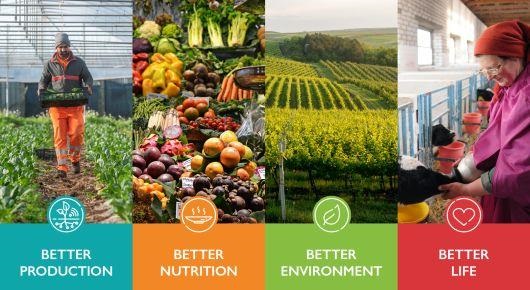
Regional priorities centre on building sustainable agrifood systems and addressing impacts of the Ukraine war
12/05/2022
Ensuring better production, better nutrition, a better environment and a better life – the “four betters” – in Europe and Central Asia is the end goal as discussions continue on the second day of the Regional Conference for Europe in Lodz, Poland.
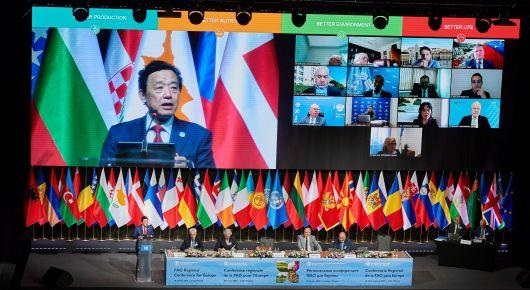
Amid the war in Ukraine, Europe and Central Asia discuss ways of ensuring food security
11/05/2022
Ministers and high-level representatives from across Europe and Central Asia met today at the FAO Regional Conference for Europe (ERC33) to discuss not only the implications of the war in Ukraine on global agrifood systems and world food security, but also ways of accelerating efforts to transform agrifood systems to assure inclusive and environmentally-friendly development and achieve better nutrition, both regionally and beyond.
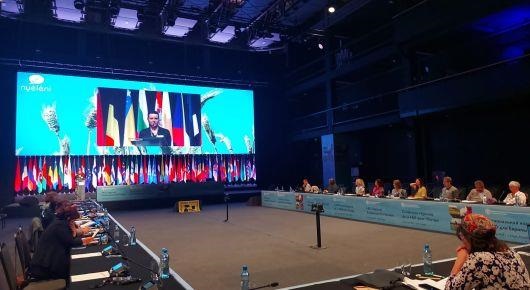
Through two-day meetings, FAO builds stronger partnerships with civil society
09/05/2022
Once again, FAO is providing assistance to civil society organizations as they review the achievements of recent years and come up with recommendations for the future. Starting today in Łódź, Poland, a two-day civil society consultation takes place back-to-back with the Regional Conference for Europe, the Organization’s highest governing body for the Europe and Central Asia region.
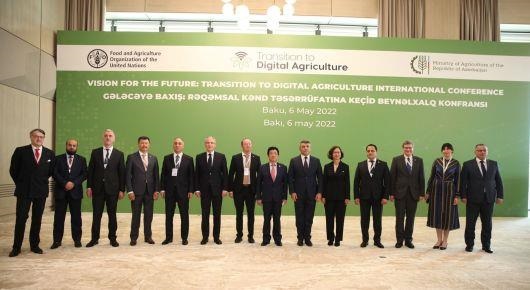
Digital technologies: key accelerator of agrifood systems transformation and rural development
06/05/2022
Digital agriculture has great potential to foster the transformation of agrifood systems and promote rural development, QU Dongyu, Director-General of the Food and Agriculture Organization of the United Nations (FAO), emphasized today at the high-level international conference Vision for the future: transition to digital agriculture, held in Azerbaijan.
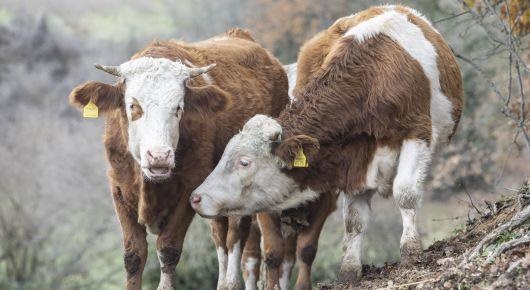
Over 400 Russian-speaking vets participate in virtual lumpy skin disease preparedness training
05/05/2022
FAO offered an online course on lumpy skin disease with more than 400 veterinarians participating. The four-week training in the Russian language started on 7 April through the Virtual Learning Centre (VLC). FAO is supporting the fight against this cattle disease globally and specifically in Europe and Central Asia by training as many veterinarians as possible.
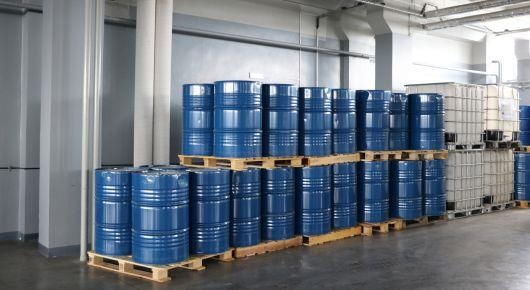
Kazakhstan joins FAO–GEF effort on improved pesticide life cycle management
04/05/2022
Kazakhstan joins the FAO initiative on improving pesticide lifecycle management and elimination of persistent organic pollutants, implemented in Central Asia and Turkey. The project is funded by the Global Environment Facility (GEF). The presence of obsolete and unusable pesticides and their chemical identification is one of the acute problems in Kazakhstan’s agriculture.
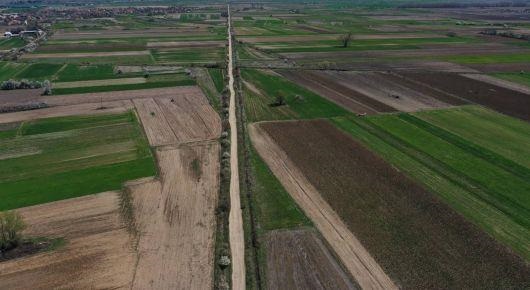
Another village benefits from land consolidation in North Macedonia
03/05/2022
The qualified majority of the land owners in the village of Logovardi, located in Pelagonija, a region in the south-west of North Macedonia, adopted a plan on the re-allotment of agricultural land parcels in the Logovardi land consolidation project area.
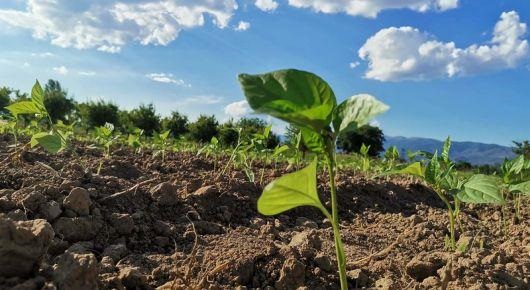
New FAO–North Macedonia agreement for a more competitive, sustainable, and resilient rural economy
28/04/2022
A new five-year cooperation agreement was signed today by FAO and the Republic of North Macedonia, with both parties committing to continue the joint efforts in achieving a more competitive and resilient rural economy fostering job creation and inclusive, green growth.
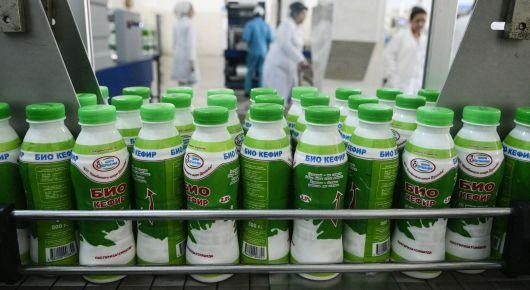
Partnering with the private sector for sustainable food and agriculture
28/04/2022
Achieving the Sustainable Development Goals (SDGs) and ensuring inclusive growth requires partnerships and collaborations with everyone concerned. The expertise and experience of the private sector is also key to meet the challenges of our times and ensure sustainable agrifood systems.
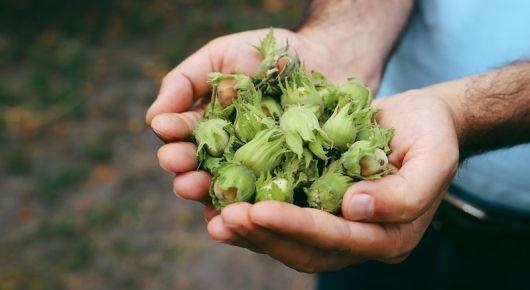
FAO, Agrarco LLC agree to cooperate on boosting Azerbaijan’s hazelnut sector
27/04/2022
FAO and Agrarco LLC signed a cooperation agreement to coordinate activities under the project “Catalyzing the efficiency and sustainability of Azerbaijan’s hazelnut sector.”
Within the framework of the cooperation, activities are planned to apply good practices in using sustainable bioenergy along the hazelnut value chain, examine causes of aflatoxin contamination during production and processing, and increase the capacity of farmers in this area.
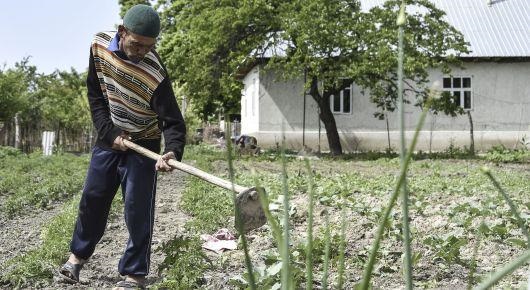
FAO workshop focuses on stronger land markets in Central Asia
27/04/2022
The basis of agricultural production is land, and farmers need a properly functioning land market in order to make the most out of this precious asset. To this end, FAO convened Central Asian representatives of all related spheres in Bishkek to discuss the potentials of developing their national agricultural land markets.
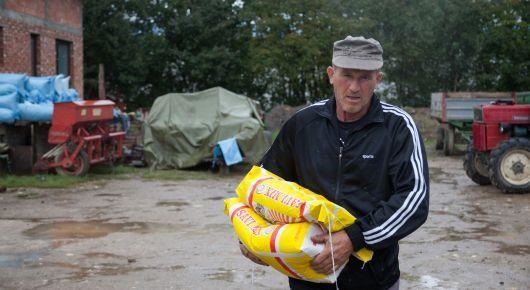
In Bosnia and Herzegovina, FAO upscales support to agricultural and rural development planning
12/04/2022
FAO launched a new initiative in Bosnia and Herzegovina to help selected local authorities boost agriculture and economic development through local agriculture and rural development plans and corresponding action plans.
The project builds on experiences
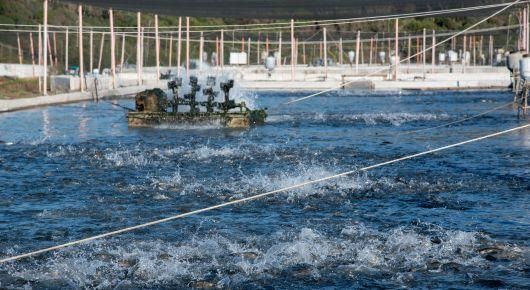
Aquaculture value chain actors enhance knowledge of post-harvest management practices
24/03/2022
The international fish trade is expanding due to sustained demand, trade liberalization policies, globalization of food systems, and technological innovations. To address these and other issues arising from post-harvest management among actors in the aqua
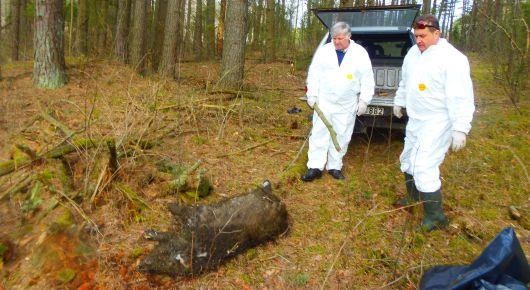
New approach to prevent the spread of African swine fever in wild boar
18/03/2022
African swine fever (ASF) is the most devastating swine disease. Affecting domestic pig and wild boar alike, ASF is a real threat to any country with a pig sector. Rampaging through all continents, never before in history has the disease had such a wide d
